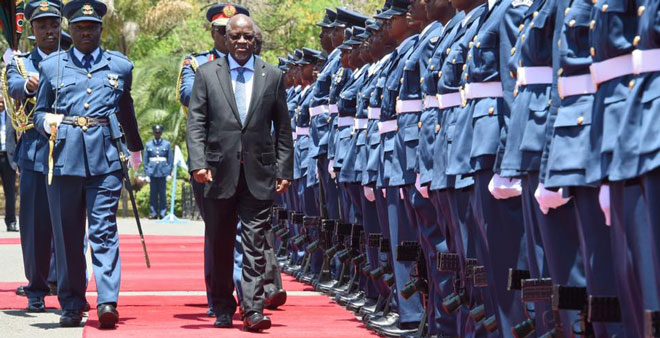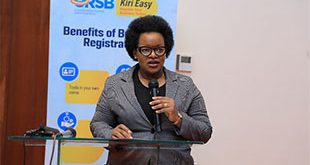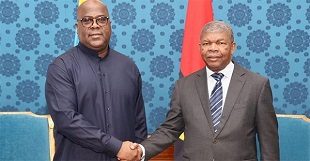
Dar Es Salaam, Tanzania| AFRICAN ARGUMENTS | Ever since his election in 2015, Tanzania’s President John Magufuli has been a subject of public fascination. At first, his war on graft promised to cleanse the state of corruption, while his patriotic thrift inspired the hashtag #WhatWouldMagufuliDo?
But as this campaign of tumbua majipu (“lance the boils”) was becoming old news, Magufuli became associated with another d-word. To “development” was added “dictatorship”. Public rallies were banned, radio stations shut down, and newspapers publicly threatened. It became apparent that Tanzania was taking a sharp authoritarian turn.
Now, Magufuli’s image is shape-shifting once again. Over a matter of days earlier this month, the president turned Tanzania’s mining policy on its head. A regime of low taxes, free enterprise and light-touch regulation ended at the stroke of a pen. Magufuli assumed a new identity: the president that took on the multinationals.
The changes began in earnest on 3 March, when Magufuli imposed a ban on exporting unprocessed mineral ores. Containers holding copper-gold concentrates began to gather in the port of Dar es Salaam. On 29 March, Magufuli appointed a committee to chemically examine the contents of the containers, which belonged to Acacia Mining, a subsidiary of Barrick Gold.
READ FULL ANALYSIS HERE (click)
#Tanznia: Why #Magufuli‘s drastic reforms in the mining sector are about politics as much as economics https://t.co/W4QVby4o2w
— African Arguments (@africaarguments) July 23, 2017
 The Independent Uganda: You get the Truth we Pay the Price
The Independent Uganda: You get the Truth we Pay the Price


